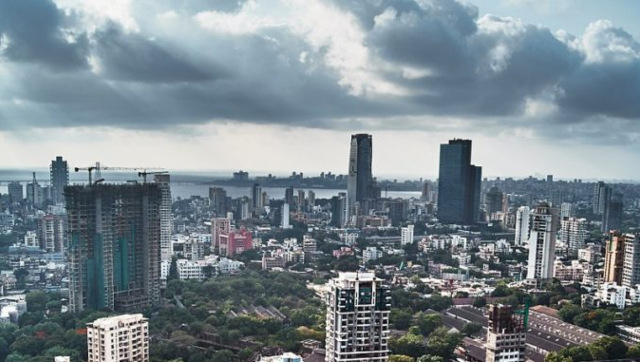The first announcement of a nationwide lockdown in March brought in its wake anxiety, panic and confusion. The economy was hit badly due to the shutting down of offices and factories, public transport, day care and other services. Companies introduced ‘work from home’ options, cities struggled to provide basic services and amenities while maintaining safety regulations, public transport came to a stop, and the lack of preparedness of our healthcare facilities to tackle the pandemic became clear. In all this, the one question that has dominated people’s minds is: How long can we lock down the nation? We need to move on but safely. The world has witnessed many epidemics in the past, each one changing societal norms in some way. In the present era too, cities need to be flexible in order to adapt to the COVID-19 pandemic . Historically, urban planners and policymakers have been striving to accommodate the increasing population in cities by designing compact and high-rise, high-density settlements. But the current pandemic has put a question mark on these very strategies. Given the current situation, we need to build strategies that can bring cities back to life safely. Data and digital upgrade Authorities must have digitised and updated maps of land use, as well as data on population density, building density, road networks, etc. This will help authorities identify the areas that could be more prone to the pandemic as well as the areas, spaces or buildings that could offer relief in any way during a public health crisis or even natural/accidental calamities (hospitals, quarantine wards, temporary labs for testing, shelters etc). Urban density The density of cities has a deep impact on the ease of curbing any epidemic, and is particularly relevant in situations such as the present one, in which physical distancing is critical. Epidemics are more likely to spread in slums and other areas with a high population density. The reasons for this include unhygienic conditions, less scope for physical distancing, lower levels of awareness, common amenities (water and sanitation), unavoidable public gatherings, etc. However, in general, density of population is inevitable in cities. High-rise buildings can accommodate a high density of population while ensuring physical distancing. We also need to think of mixed-use development to ensure basic facilities and amenities. This may reduce the need for people to leaving the community for daily chores. Existing spaces such as playgrounds can be used to provide extra temporary toilets to avoid crowding. Such spaces can also be used to set up temporary quarantine wards, etc. Dynamic urban forms Is increasing the built-up area in a city, to accommodate more people with the required physical distancing, indeed a solution? Can we really afford that economically or spatially? Our cities have to be dynamic, and civic administrations must learn to plan a collaborative, interdisciplinary way to deal with such unprecedented situations. We have to think afresh about ways to reduce crowds at markets, workplaces and other public spaces. An option to work from home for, say, 30 percent of the workforce every day would limit population density at workplaces. Getting essentials delivered to homes and encouraging online shopping can reduce crowds at markets. Reducing the need for physical presence at workplaces and in markets can also help reduce traffic. Also, as public transport opens up, service providers will have to ensure safety norms such as social distancing and contactless ticketing. Essential services Civic administrations can also attempt to devise a garbage collection system that minimises the risk of the spread of infectious diseases, particularly COVID-19. Though a few gated communities have such a system in place, most residential areas lack this kind of infrastructure. Further, in areas without piped water supply, people prefer buying packaged drinking water and there is no option of contactless delivery for this service. This problem can be avoided if civic authorities ensure municipal water connections in all residential areas. The coronavirus pandemic has definitely made citizens more aware of the importance of hygiene, distancing and overall wellness practices. Better urban planning and design, and behavioural changes can help tackle unprecedented situations such as the COVID-19 pandemic in the future. This article was first published in Citizen Matters, a civic media website and is republished here with permission. (c) Oorvani Foundation/Open Media Initiative.
Digitised and updated maps of land use, as well as data on population density, building density, road networks, etc can help cities prepare better for situations as the present one
Advertisement
End of Article


)

)
)
)
)
)
)
)
)



